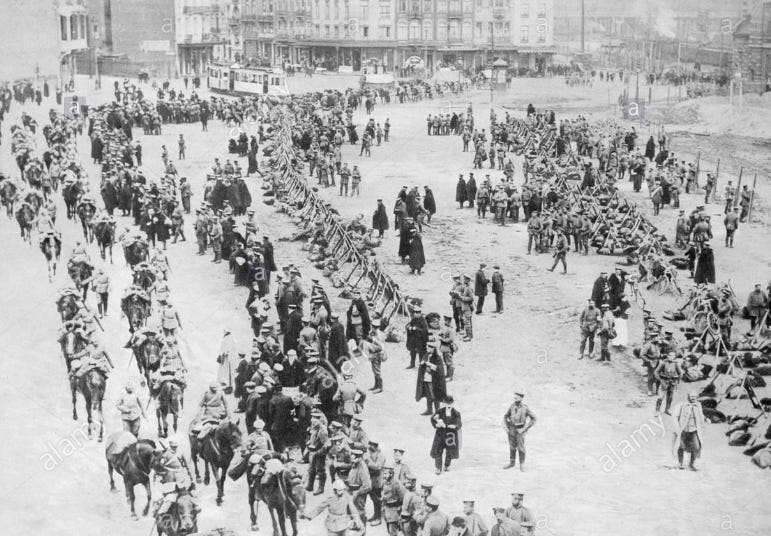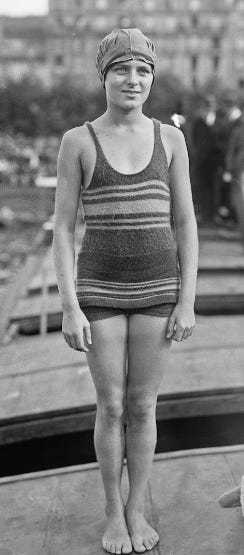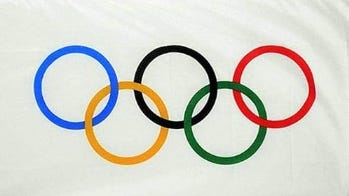The Miracle of the 1920 Antwerp Olympic Games
On the heels of World War I and a global pandemic, in a city that had been occupied by the German army, starved and devastated--the Games would go on
The Seventh VII modern Olympic Games was held in Antwerp, Belgium from April 20, 1920 to September 12, 1920.
The Antwerp Games: In the Shadow of Death
Just 526 days after World War 1 ended November 11, 1918 (the deadliest war in recorded human history to that point) the Olympic Games were somehow held in a devastated Antwerp Belgium. The countries that had lost in WWI (1914-1918): Germany, Austria, Bulgaria and Turkey were banned from participating.
Also, Soviet Russia had just emerged from the 1917 revolution and civil war and chose not to attend the Games.
Somehow, the International Olympic Committee and the city of Antwerp and government of Belgium would stage the games after a war that lasted 1567 days in which on average 12,572 people would die every day.
1914: Antwerp Shelled by German Army
Antwerp had been besieged by the German Army in 1914 and shelled by their artillery mercilessly for twelve days before finally surrendering to German military occupation for four long years.
War and a Pandemic: A Tough Act to Follow
In addition the world was still convulsing from the great Influenza pandemic which infected approximately 500 million people, lasting from Spring 1918 through 1919. The disease would cause the fatalities of more than 50 million people worldwide.
Lastly, Europe was literally starving by the time the war had ended. After the Armistice was signed in November 1918 and the war ended, President Wilson appointed Herbert Hoover to head the European Relief and Rehabilitation Administration. Hoover was able to channel 34 million tons of American food, clothing and supplies to war-torn Europe
That then was the backdrop of the VIIth games in April 1920: destruction, economic devastation, famine, and a pandemic all leading to the death of 69 million people in the six years prior.
In addition the turnout of athletes would be down due to the economic depression worldwide as well as the absence of many european athletes who were killed and maimed during the war.
Olympic Athletes Reflect on Hardships
The 1920 Games were rough then in many ways: Cash-strapped Belgium was hardly ready to welcome athletes, let alone large numbers of fans. Walker Smith, an American track and field athlete, described sleeping on cots “without mattresses” in dormitories housing 10 to 15 men per room.
The food situation was similarly bleak, with athletes given only a roll, coffee and “one little sardine” for breakfast. They were forced to buy their own food — Belgium was still receiving aid because of food shortages.
Sporting facilities, too, were in shambles. The Olympic Stadium was barely finished when the games began — the track was incomplete and many of the races were conducted in muddy conditions.
Swimmers faced even tougher circumstances: the Belgians had not built a pool but instead constructed a wooden frame in an existing waterway.
Aileen Riggin, the gold medalist in the women’s three-meter springboard event, remembers diving into a canal, part of the city’s ancient defences, and into water being shared by all the nautical sports:
“We were heartsick when we saw it. A 50-meter pool was not asking too much, but of course Belgium did the very best they could. This was right after the war. It was so cold that many swimmers had to be rescued from hypothermia. They were unconscious, and some of them were really in a bad way and had to be dragged out.
Despite these hardships, the 1920 Olympics are still recognized for their lasting contributions to sport, gender equality, unity, and peace.
For example, the 1920 Olympics were the first in which the Olympic Oath was voiced, the first in which doves were released to symbolize peace, and the first in which the Olympic Flag was flown to display the unity of the world's continents through its 5 rings.
So the 1920 Antwerp Games should be remembered as the greatest example in modern times of the Olympics that should have been canceled, delayed (like Tokyo in 2020) or relocated to a different host city…but they weren’t. Against all odds and in spite of great hardship they were held in Antwerp as a symbol of hope and healing for the nations.









